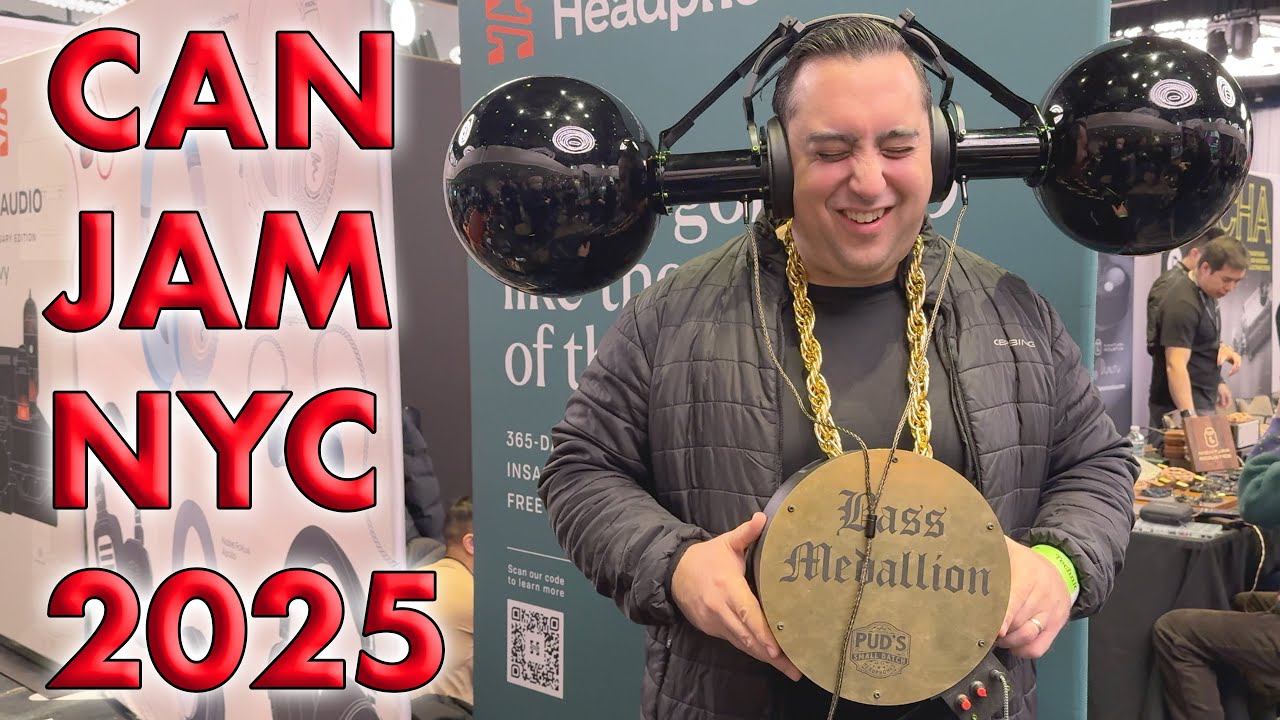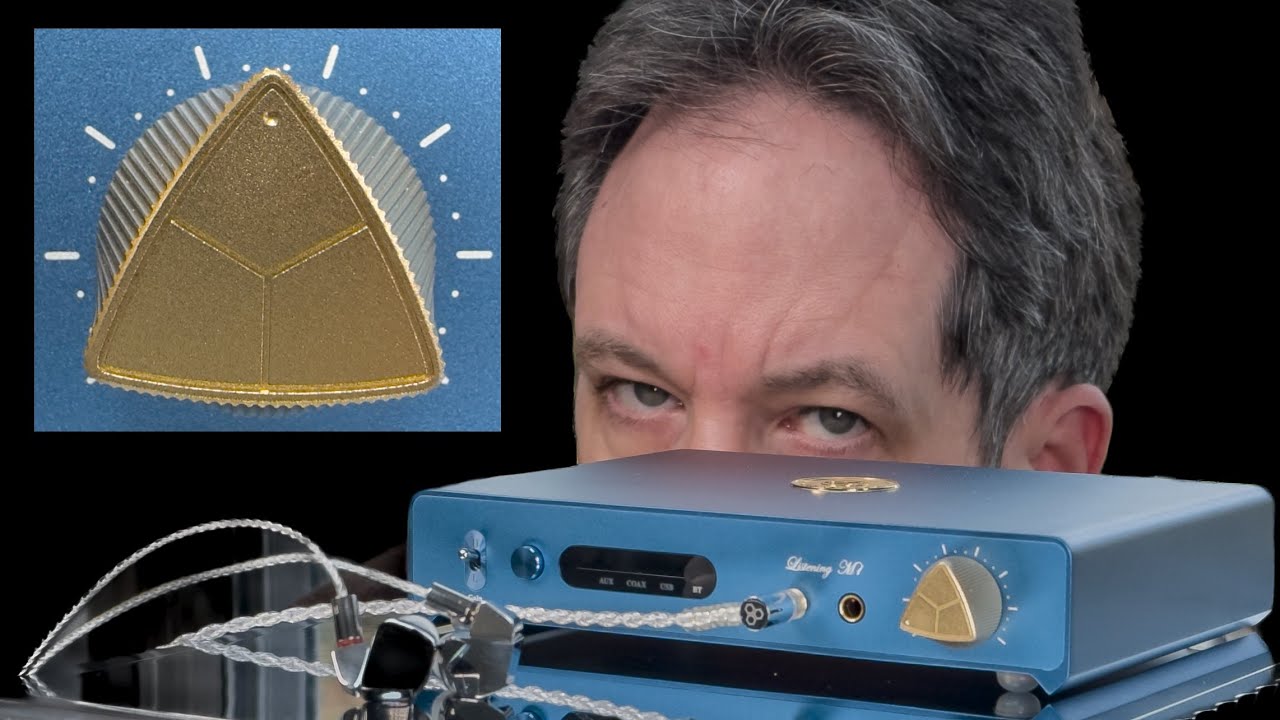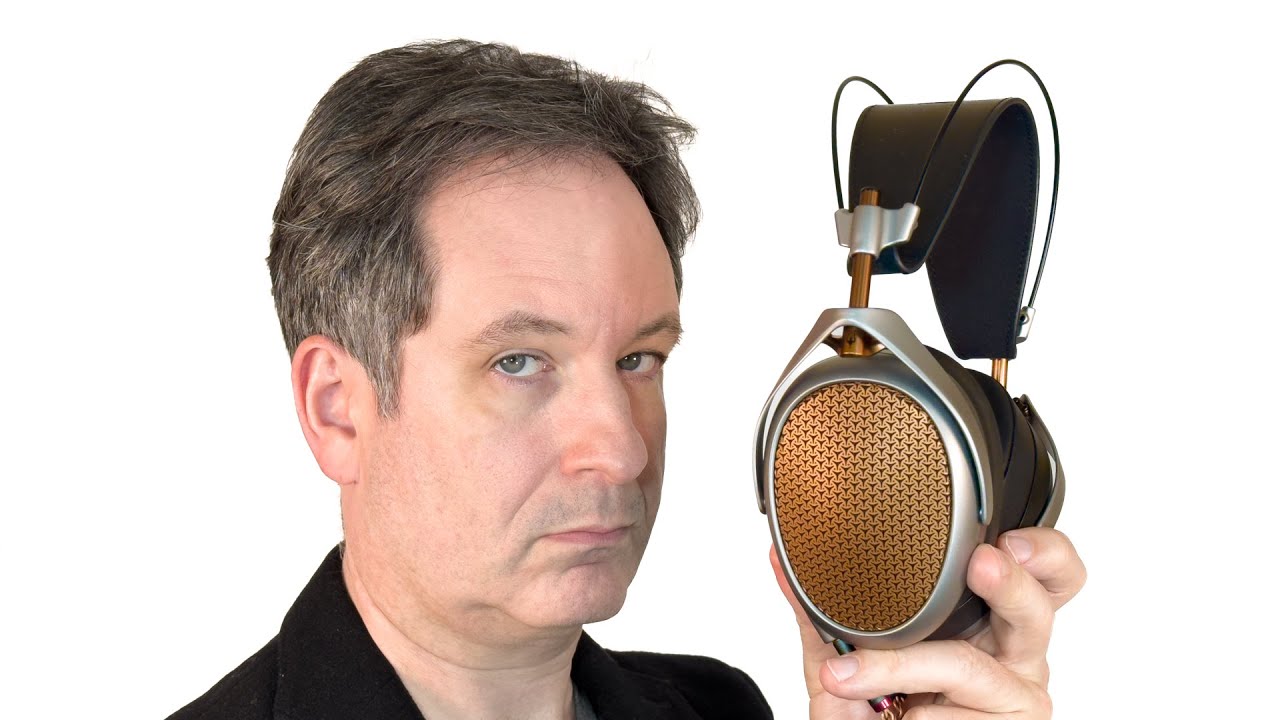
Audiophiles tend to snub Bluetooth audio to a large degree, due to the fact that transmission, at least up until now, has been lossy. That is, while it will transmit music wirelessly, some data is lost. For example, while the bit rate of a standard CD-quality 16-bit 44.1kHz PCM file is 1,411 kbits/second, the maximum rate at which Sony’s lauded LDAC protocol will transmit is 990 kbits/sec, and then, only if ideal, dropping to 660 or 330 kbits/sec much of the time.
Manufacturers such as Chord Electronics worked their way around this by creating wi-fi-based streamers, the Poly and 2Go, that can be used in a portable setting as a wi-fi hot-spot — a phone DAP (Digital Audio Player)acting as the source, or simply playing back music stored on a microSD card plugged in directly and controlled remotely.
However, Qualcomm has announced that they’ve created a lossless audio protocol that will transmit CD-quality audio bit-perfect over Bluetooth. Appropriately, it is called aptX Lossless. The new protocol will, unfortunately require new hardware (and not just a firmware upgrade) as Qualcomm had to take a “systems level approach” and “optimized a number of core wireless connectivity and audio technologies, including aptX Adaptive, which work together to auto detect and scale-up and are designed to deliver CD lossless audio when a user is listening to a lossless music file and the RF conditions are suitable.” according to the announcement.
It’s that last statement that brings us pause. James Chapman, Qualcomm’s vice president and general manager, states, “Lossless audio means mathematically bit-for-bit exact, with no loss of the audio file and up to now the necessary bit rate to deliver this over Bluetooth has not been available,”.
It looks as if even as the aptX Lossless becomes available, only when the circumstances are ideal will transmission be actually lossless. Likewise, for high-res (up to 96kHz) transmission will still be lossy.
The decision to build this technology came, according to Qualcomm, as “many leading music streaming services now offering extensive lossless music libraries, and consumer demand for lossless audio growing”. Indeed, Apple Music and Amazon offer lossless music, and Spotify is likely to join them at some point. That has the main players joining the smaller ones such as Qobuz and Deezer, which specialised in lossless streaming (I haven’t included TIDAL here as they have converted their library to the lossy MQA format). The release of a lossless Bluetooth protocol will bring high-quality recordings into the mainstream in a way that hasn’t been possible prior.




